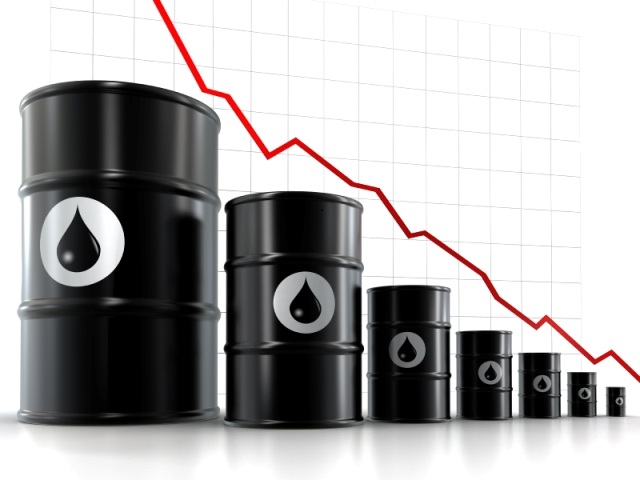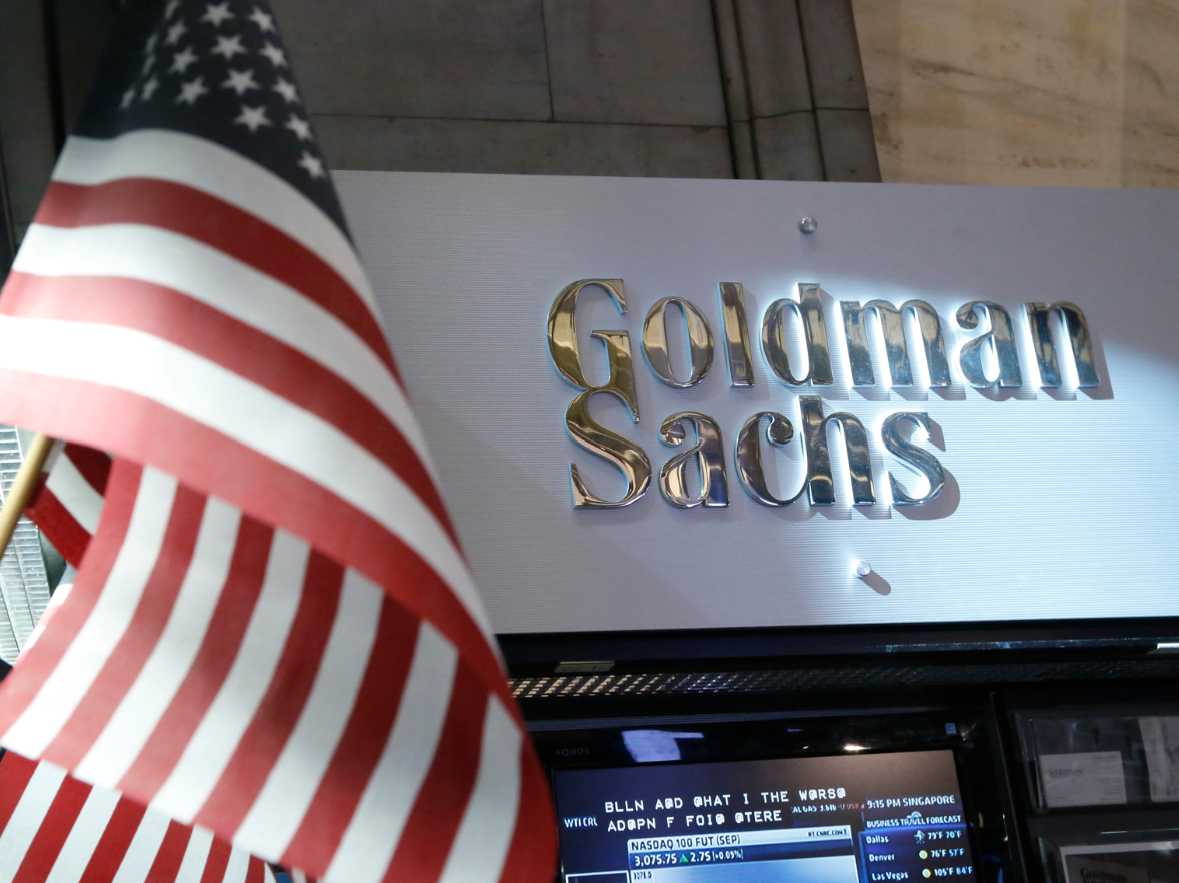
London — Oil prices fell more than 2% on Thursday as India’s coronavirus crisis deepened and a key U.S. pipeline resumed operations, halting a rally that had lifted crude to an eight-week high after the IEA and OPEC forecast a rebound in global demand later in the year.
Brent crude was down $1.65, or 2.3%, at $67.67 a barrel by 0948 GMT, after rising 1% on Wednesday. West Texas Intermediate (WTI) was down $1.66 cents, or 2.5%, to $64.42 a barrel, having risen 1.2% in the previous session.
If those losses are sustained, both contracts would mark their biggest daily drops in percentage terms since early April.
In a bearish signal for oil demand, a variant of the coronavirus has swept through the countryside in India, the world’s third-biggest importer of crude.
Medical professionals have not been able to say when new infections will plateau and other countries are alarmed over the transmissibility of the variant that is now spreading worldwide.
“Concerns are growing that the untamed spread of the coronavirus in India and in Southeast Asia will dent oil demand,” PVM analysts said in a note.
“Its impact, however, is expected to be relatively brief and the second half of the year will see the healthy revival of oil demand growth.”
Meanwhile, fuel shortages worsened in the southeastern United States, six days after the shutdown of the Colonial Pipeline, the largest U.S. fuel pipeline network, following a ransomware attack.
The pipeline began to slowly restart on Wednesday and Colonial, which pumps more than 2.5 million barrels per day of fuel, said it hoped to get a large portion of the network operating by the end of the week.
“While the disruption is meaningful for local retail markets, its impact is still likely to be transient as there is no physical damage to the pipeline,” Goldman Sachs analysts said.
The dollar also strengthened compared with a basket of other currencies (.DXY), making oil more expensive for holders of other currencies.
*Shadia Nasralla – Reuters



